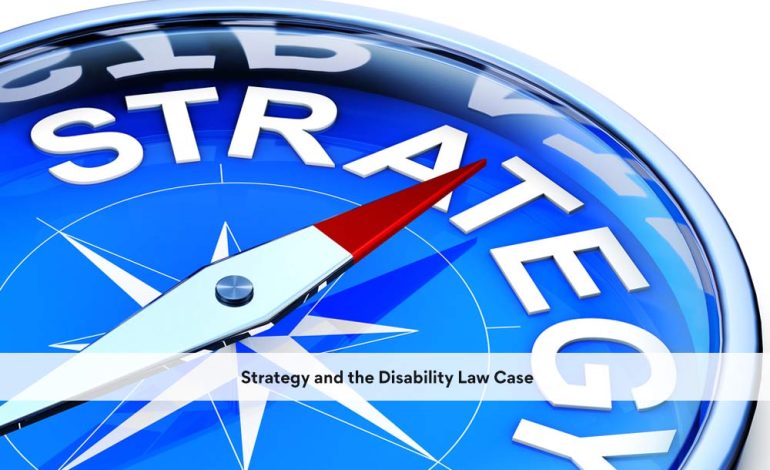Social Security Disability Law, North Carolina
Social Security Disability benefits have taken on an ever-increasing role publically. That’s why it is important to be well-informed on when you may be eligible for disability benefits.
When someone references disability benefits, there are often two programs to which they are referring. Both programs are overseen by the Social Security Administration, otherwise known as the SSA. The first is the Social Security Insurance Program or SSDI. The second program is the Supplemental Security Income Program or SSI. Both programs have established very similar requirements for establishing whether a candidate is “disabled.” Both programs also provide a specific amount of income assistance to disabled individuals.
There are differences between SSDI and SSI that need to be noted. Typically, to be eligible for SSDI, the applicant must not only prove that he or she is disabled, but also that the candidate has worked and contributed to the Social Security System for a significant period before becoming disabled; this is typically referred to as “work credits.” These “work credits” measure whether an individual has contributed enough income to Social Security to be eligible for SSDI. SSDI benefits are meant for adults who become disabled and are unable to work for at least one year. Benefits are only available to those who have paid enough into the system (through payroll taxes) and have not yet reached retirement age. Dependents of people receiving SSDI may qualify for benefits as well.
SSI, on the other hand, does not depend on “work credits” or contribution requirements. SSI instead requires that a person be disabled, aged over 65, or blind. An additional requirement also remains that the candidate must have a low income and very few resources to adequately support him or herself. To meet the SSI income requirements, a candidate must have less than $2,000 in assets and no or very limited income. This is a financial needs type of analysis; work history for an SSI application is not considered when reviewing an application.
Disabled people who are eligible under the income requirements for SSI are also able to receive Medicaid in North Carolina, and/or the state in which they reside. Most people who qualify for SSI will also qualify for food stamps, and the amount an eligible person will receive is dependent on where they live and the amount of regular, monthly income they have. SSI benefits will begin on the first of the month when you first submit your application.
The information above should be considered when deciding whether to file an SSDI or SSI claim for disability.


